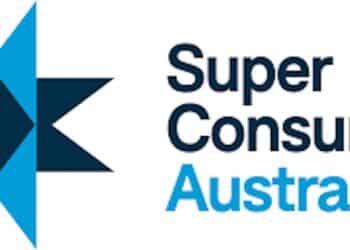Jason Hurst, SMSF superannuation and retirement educator for Accurium, says documentation is vital if an SMSF lends money to a member or related party, or they could face penalties or be rendered non-compliant.
“If I lend money from my family trust to someone, and I’m not going to get that money back. I’m not facing this requirement over my family trust. I could probably just eventually complete some paperwork and just write off that loan,” Hurst said.
“But in the super environment, you’ve got the sole purpose test, so the trustee needs to be seen to be making reasonable efforts to recover that money.”
He said in the case of recovering money from a loan under these circumstances, it is also essential to understand what is meant by “reasonable expectation”.
“Obviously, if they’ve lost a lot of money, they probably want to get some legal advice. They probably don’t want to spend tens of thousands of dollars if the prospects are great, but they should at least get some advice to be able to document that the loan is indeed not recoverable.”
“It’s not just the fact that the trustee has tried to ring this person, and they’re avoiding them. You’re going to need evidence of efforts to recover those funds.”
He added that evidence can include situations where the entity is insolvent, if there’s any fraud involved, or evidence of the trustee having engaged the appropriate authorities as well for tax purposes.
“If you are able to write off a loan in an SMSF, because it’s generally not going to be able to get a deduction for that, the bad debt deductions usually require that the loan provider is in the business of providing loans.”
“As a loan is a capital asset, there may be a capital loss and an opportunity to claim that in some circumstances. However, to do that, you need to be able to demonstrate you provided the loan at a time when you knew that the borrower had the capacity to repay the loan.”
He continued that loans from an SMSF cannot be classified as a personal loan, as it could be seen as illegal early access.
“This is really an increased area of ATO focus, and unless there’s loan agreements in place, it’s unlikely that the ATO would see that as a loan.”
“They would see that as early access. Generally, when people are taking money from their super fund, they’re stressed, and it’s really a last-ditch thing, so it’s probably unlikely, in practice, that you’re going to see loan agreements when someone’s taken the money personally.”
Hurst said if a member has illegally accessed money from super it cannot be returned to the fund, and any attempt to do so will be considered a new contribution.
“When it comes to early access to super or loans to members, trustees can face section 65 admin penalties, up to 60 points, civil and criminal penalties, even trustee disqualification, and also potentially the fund becoming non-compliant as well.”
“Additionally, if a member is seen to have accessed their super early, it breaches the preservation standards, and that will be assessable income to that member who will need to pay tax on it.”


